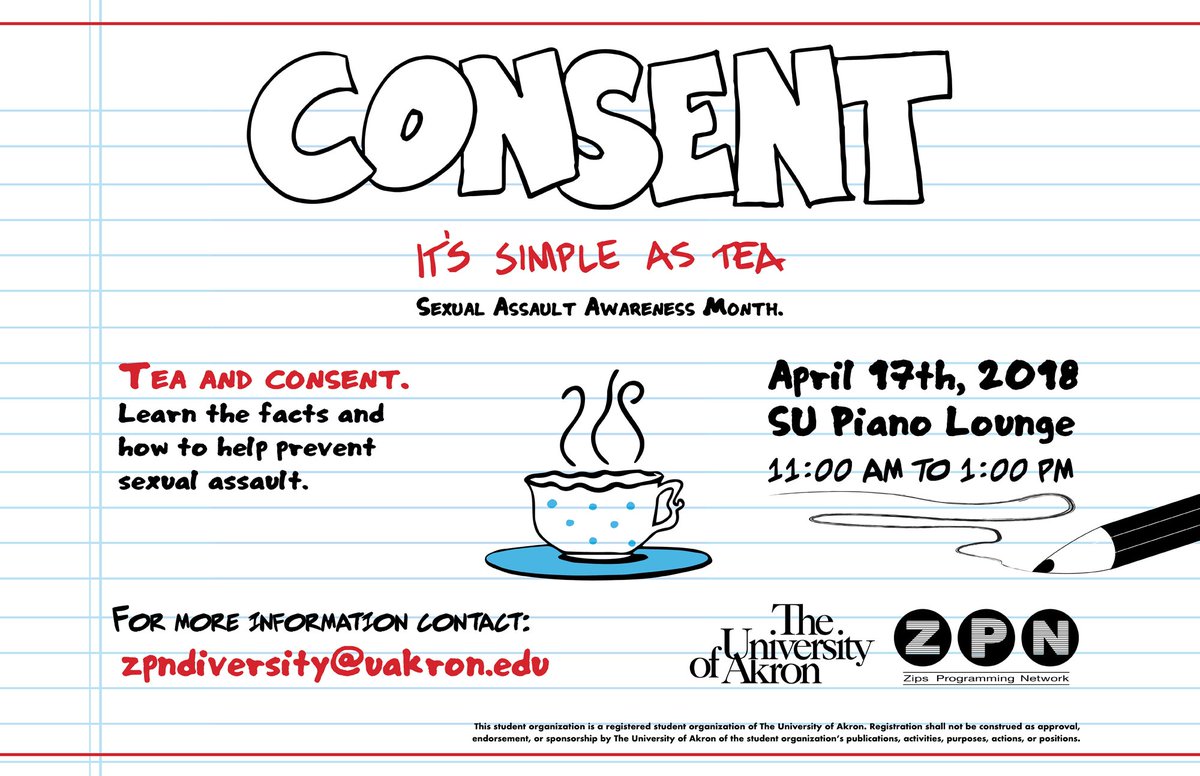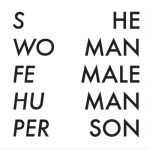At least one in three women will experience some form of violence in her life, and, almost daily, victims are being blamed. It is never the victim’s fault, and both women and men need to work on creating a safer world for women and girls.
“You had to have done something. You probably provoked him. You should keep quiet, and you shouldn’t agitate him. Don’t walk home alone at night. Watch your drink. Don’t drink too much! Just walk away from a bad situation. Always stick with your friends. Don’t wear revealing clothes. Kick him if he tries something!”
Every woman has heard this, and probably many have said the same words to other women. I don’t think they come from a bad place, but when we have to give and listen to this kind of advice, we have a huge problem.
We have a problem
While writing an essay, I came across this quote by Margaret Atwood: ‘Why do men feel threatened by women?’ I asked a male friend of mine… ‘men are bigger, most of the time, they can run faster, strangle better, and they have on the average a lot more money and power.’ ‘They are afraid women will laugh at them,’ he said… I asked some women students in a quickie poetry seminar I was giving, ‘Why do women feel threatened by men?’ ‘They’re afraid of being killed.’ -Margaret Atwood, Second Words: Selected Critical Prose, 1960-1982.
It struck a chord. I never thought about this. But then I asked myself: What would be the thing I am afraid of when it comes to men? Margaret was correct! Rape and murder! We always think those awful things happen to someone else, and that they would never happen to us. But the thought and the fear is real enough. I wanted to test this, so I asked my friends. Both women and men had the same answers!
European Union Agency for Fundamental Rights conducted a survey in 2014 in which they interviewed 42,000 random women between the ages of 18 and 74. They found that at least one in three women will experience some form of violence in her life. Out of those 42,000 women, 7% experienced physical and about 2% experienced sexual violence in the 12 months before the survey. 33% have experienced physical and/or sexual violence since the age of 15, 5% have been raped since the age of 15, and 34% have experienced four or more forms of physical violence. About 18% of women have been victims of stalking since the age of 15, and the victims of virtual sexual harassment are most often women between the ages of 18 and 29. About 11% of women were victims of sexual violence by an adult before the age of 15, and as many as 53% of women said they avoid some situations and places for fear of being harassed, while a significantly smaller number of men do the same.
The questions we should be asking are why didn’t he know better? Why wasn’t he taught? Why did we allow it? We tell women how they should act, teach them “right” and “wrong” but we rarely do that with boys and men. It’s not in their nature! Our nature is not to hurt other people.
Do you know how women feel after those events? They feel anger, shame, fear, embarrassment, and shock. Is it still our fault?
You can usually hear that consent is like a cup of tea. You ask someone if they would like a cup of tea. If they say yes, great. You know they want it, and you can make it. If they are not sure, you can make it or not but be aware they might not want to drink it. If they don’t want to drink it, don’t make it. Don’t make them tea it if they said no, if they said maybe or if they said yes, but then changed their mind! You are not entitled to make them drink it. If you ask them, and they can’t answer your question, don’t make tea. They can’t want it. Consent is easy.
The questions we should be asking are why didn’t he know better? Why wasn’t he taught? Why did we allow it? We tell women how they should act, teach them “right” and “wrong” but we rarely do that with boys and men. It’s not in their nature! Our nature is not to hurt other people.
Reteaching and relearning
What can we do? Let’s reteach and relearn. Don’t keep quiet when you are being disrespected or violated. No one has that right over you! Talk to others, there is help. Don’t be afraid to say no because no means no. Don’t judge victims because you don’t know what that person went through. Stand up for others like you would want them to stand up for you. Teach your kids and people around you differently.
Men are with us in this. We cannot make our streets safer if they don’t cooperate. Many times women are being told what not to do because it seems easier to control us, rather than fix bad men who are the real problem.
Be aware of your surroundings, and if anything happens, scream “fire”, not “help”.
So, dear men: please keep your distance. The closer you are, the more threatened we might feel. Also, maybe take a different path because we might feel uneasy if you are right behind us and seemingly going in the same direction. Don’t park your car right next to us, or at the end of the path walk or road we have to go through. We don’t know if you are just parking, or if you want to put us in your trunk. It’s also not nice to stare, and we don’t want to hear you catcalling us. Don’t touch our drink, our purse, or our waist if you need to pass. And, disapprove of your friends who do so. If you see we are in trouble, help us, keep others in line.
And for now, while we work to achieve a safer world for women, stay safe. It’s best not to have your headphones to be able to hear anyone approaching. If you run or walk alone regularly, change your routes once in a while. If you can, don’t go alone. Never go anywhere with a stranger, maybe learn a few safe defense moves, and tell someone where you’ll be. Wearing a pepper spray is always a good idea, drink responsibly, and always look after your drink. Bring your phone with you, try to be in busy areas, keep your head up and look confident. Be aware of your surroundings, and if anything happens, scream “fire”, not “help”.
Remember, it is never the victim’s fault, it is never your fault.





Average Rating